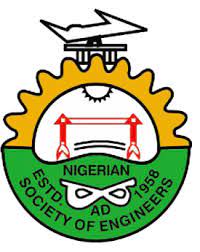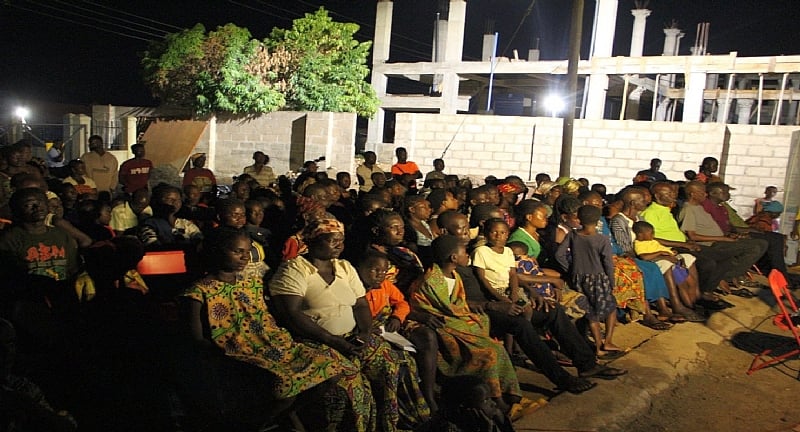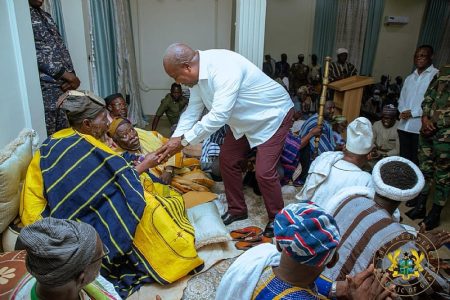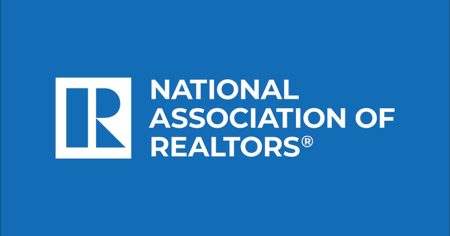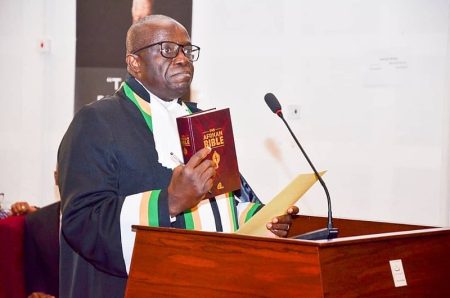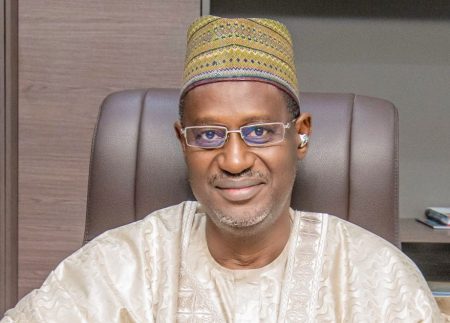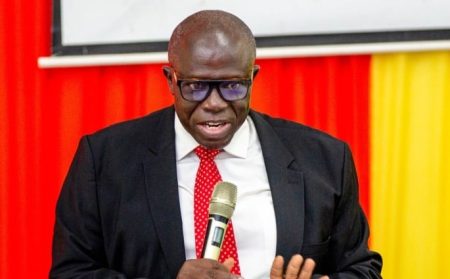Empowering Communities Through Mining Law Education: A Comprehensive Overview of Livelihood & Environment Ghana’s Initiative
Livelihood & Environment Ghana (LEG), a dedicated non-governmental organization, recently concluded a series of impactful advocacy and training sessions focused on Ghana’s mining laws, particularly Act 703 and Legislative Instrument (L.I.) 2175. Funded by the STAR Ghana Foundation through the AVID 2 program, the initiative aimed to equip over 3,000 individuals, including women, youth, farmers, and persons with disabilities, with a deeper understanding of their rights and responsibilities within the context of mining activities. This comprehensive education program sought to empower communities to effectively protect their interests and navigate the complexities of mining operations within their localities.
Spanning the months of February and March 2025, the program reached 24 mining-impacted communities across four regions of Ghana: Ahafo, Ashanti, Western North, and Eastern. Specific locations included Kenyasi Number One, Kenyasi Number Two, OLA Resettlement Site, Ntotroso/Gyedu, Tutuka/Dokyikrom, Adrobaa, Afrisipakrom, and Susuanso in the Ahafo Region; Kobeng, Amanchia, Seidi, Anwiamu, and New Dokyiwaa in the Ashanti Region; Adausena, New Abirem, Afosu, Hweakwae, and New Yayaaso in the Eastern Region; and Chirano, Surano, Akoti/Atwebo, and Bibiani in the Western North Region. This broad geographical reach ensured diverse communities gained access to crucial information regarding their rights and legal protections.
The training sessions, facilitated by Mr. Perez Ofori, addressed a range of critical issues related to the impact of mining on livelihoods and the environment. Participants learned about the various forms of losses they might incur due to mining activities, including damage to crops, buildings, and land; loss of land use; loss of income from land or businesses; loss of future earnings; and the impact on crop lifecycles. Mr. Ofori emphasized the importance of understanding these potential losses to ensure communities receive fair and just compensation for any negative impacts experienced.
A key aspect of the training focused on the legal provisions for compensation outlined in L.I. 2175. Mr. Ofori stressed the importance of communities demanding prompt payment of compensation and highlighted the legal requirement for companies to pay 10% interest per month for delayed payments. This provision safeguards affected individuals from undue hardship caused by prolonged waiting periods for rightfully owed compensation. He encouraged participants to seek expert assistance from agricultural officers, valuers, legal advisors, or trusted representatives during negotiations to ensure accurate calculation of compensation amounts and protect their interests throughout the process.
LEG’s Executive Director, Mr. Richard Adjei-Poku, highlighted the program’s community-centric approach. The sessions were designed to be easily understood and engaging, employing a "durbar" style—a traditional community gathering—to foster open communication and participation. A significant outcome of the program was the identification and training of 240 community members as "local champions." These individuals are now equipped to advocate for their communities’ rights and ensure continued engagement with relevant stakeholders.
The program’s inclusivity extended beyond individuals to encompass key community groups and leaders. Traditional authorities, youth groups, women’s associations, farmers, and landowners, particularly those directly impacted by mining, actively participated in the forums. This collaborative approach fostered a shared understanding of the issues and facilitated the development of collective strategies to address the challenges posed by mining activities. LEG’s meticulous planning and culturally sensitive approach facilitated meaningful dialogue and empowered communities to actively participate in decision-making processes related to mining operations in their areas.




